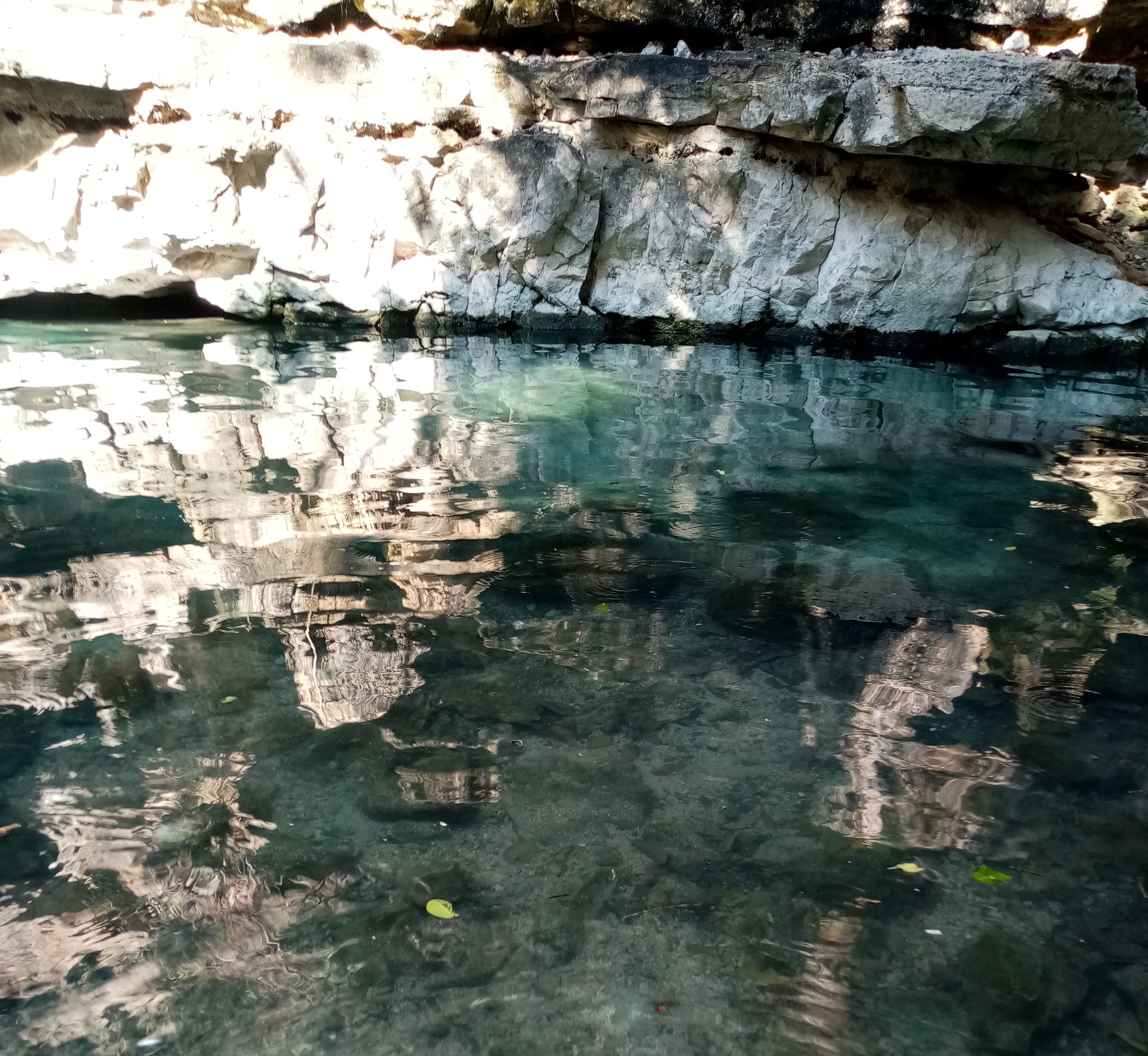A Week in Yameli's Life
June 27, 2023
Welcome to the third post of the photo essay series "A Week in the Life of a Mexican Environmentalist.” Our third post focuses on Yameli’s photographs and fragments from an interview with her about her activism. You can read Fátima, Yameli, Citlalli, and Nicte Ha's full interviews here.
This series is edited by 2022-2023 PPEH Graduate Fellow Pablo Aguilera Del Castillo and PPEH Program Coordinator Campbell Knobloch.
"My source of inspiration has always been nature and the curiosity I have always had to learn more about its elements and its processes. I always ask myself questions about the origins of nature, about how it has changed over time, and about its influence on life and on our lives."
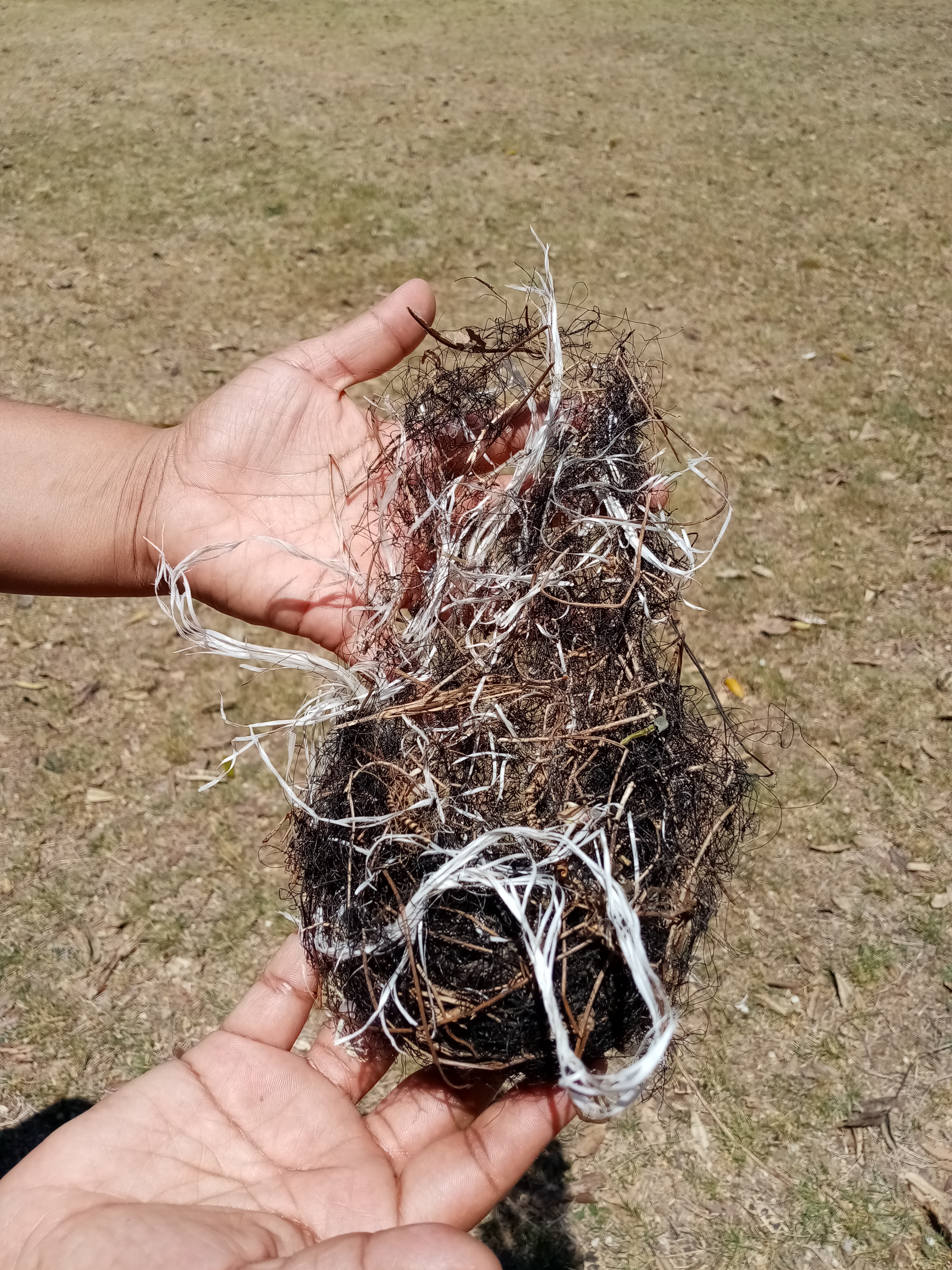
"At the beginning of my professional work, I focused on studying the ecosystem functions of the different soils of the region, and later on I went deeper to relate them to the topography, the climate, and eventually the vulnerability of the soil to pollution and in general, with the importance of different geological forms."
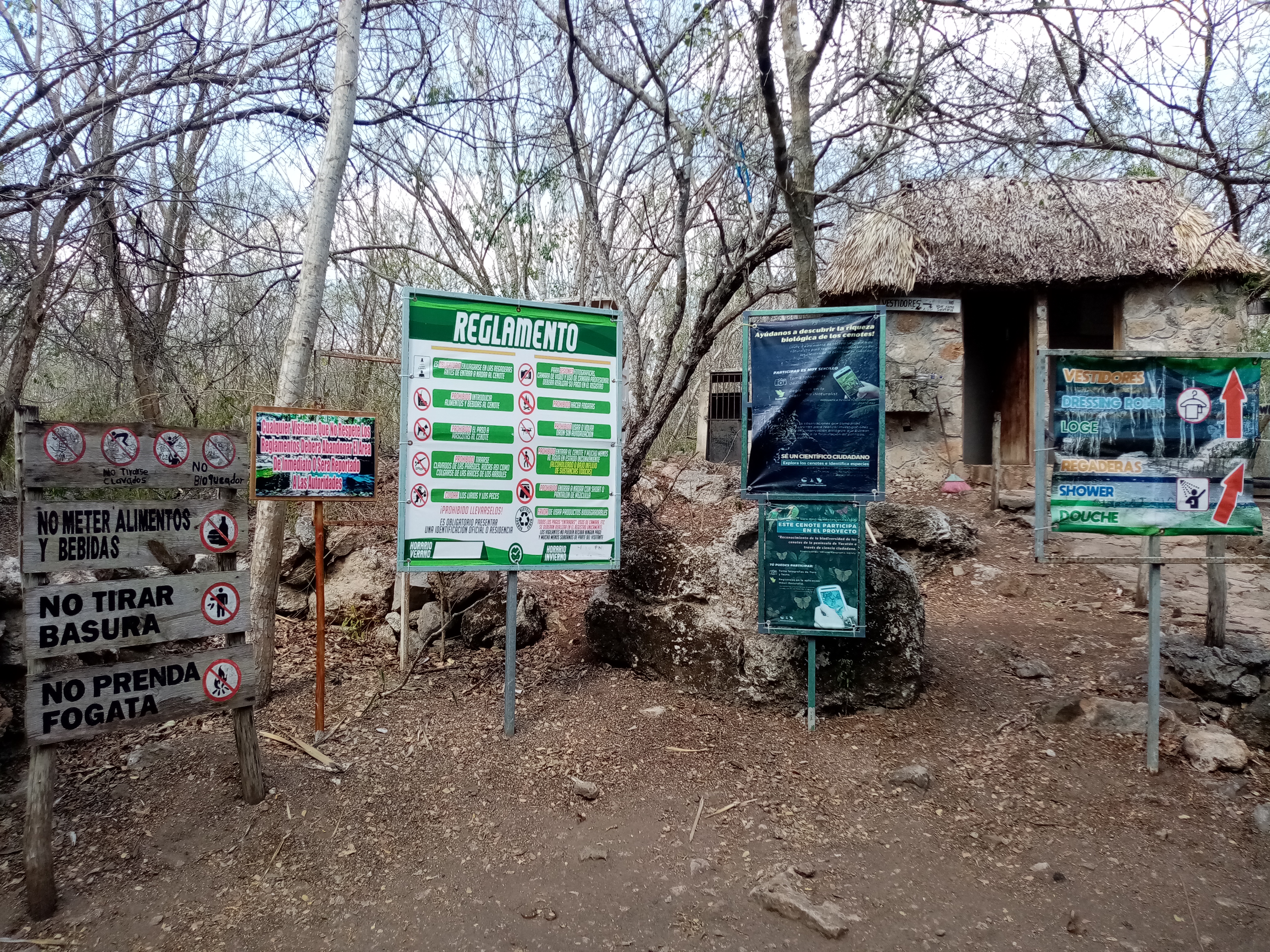
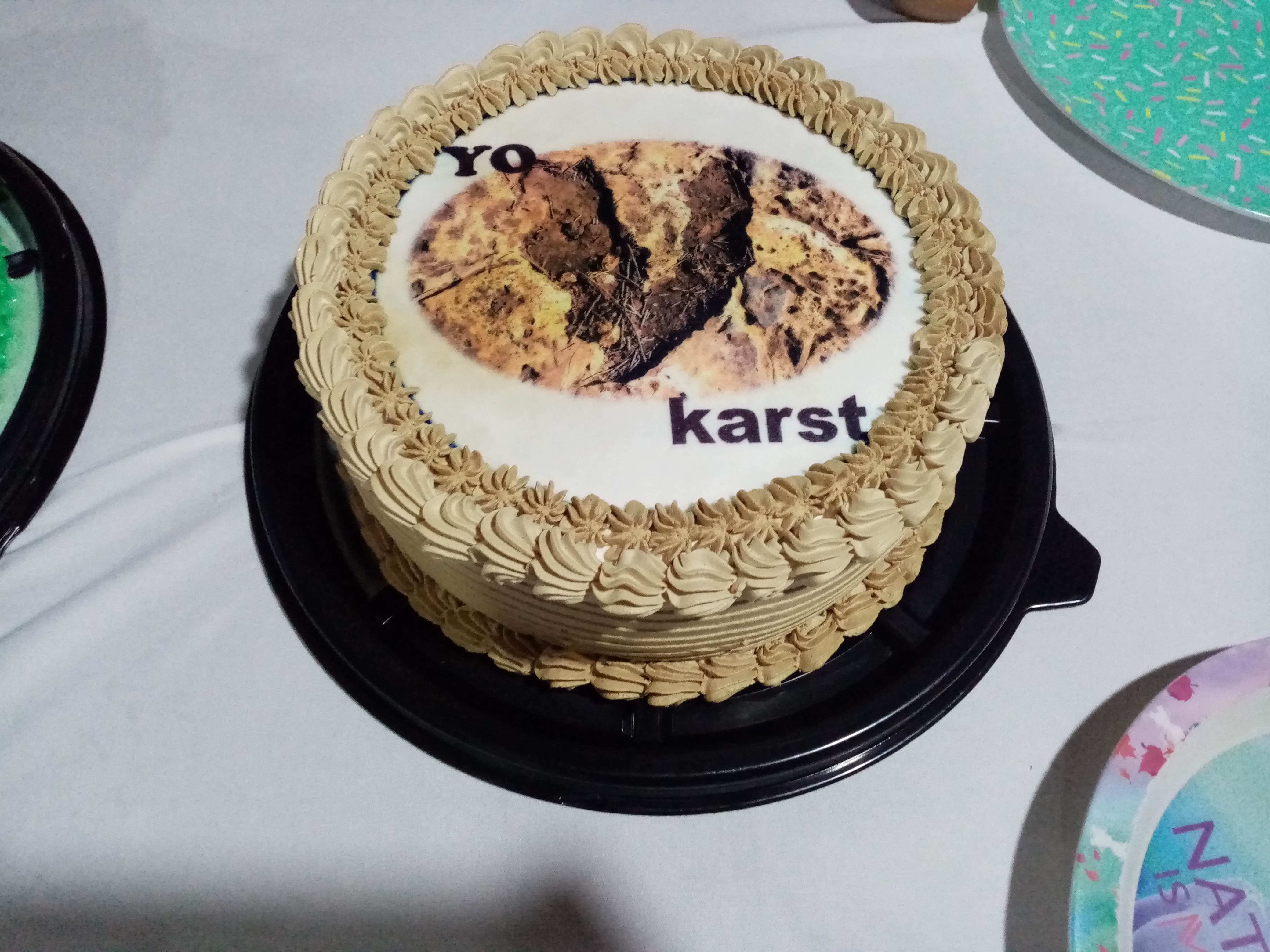
"When I talk with people who work in the fields, I like to learn the Mayan names of the elements of the environment. For example, the different types of soils of Yucatan have different Mayan names; the same happens with rocks, and even landscapes or relief features. Karst conduits are often referred to as 'the veins of our Mother Earth,' through which water flows."
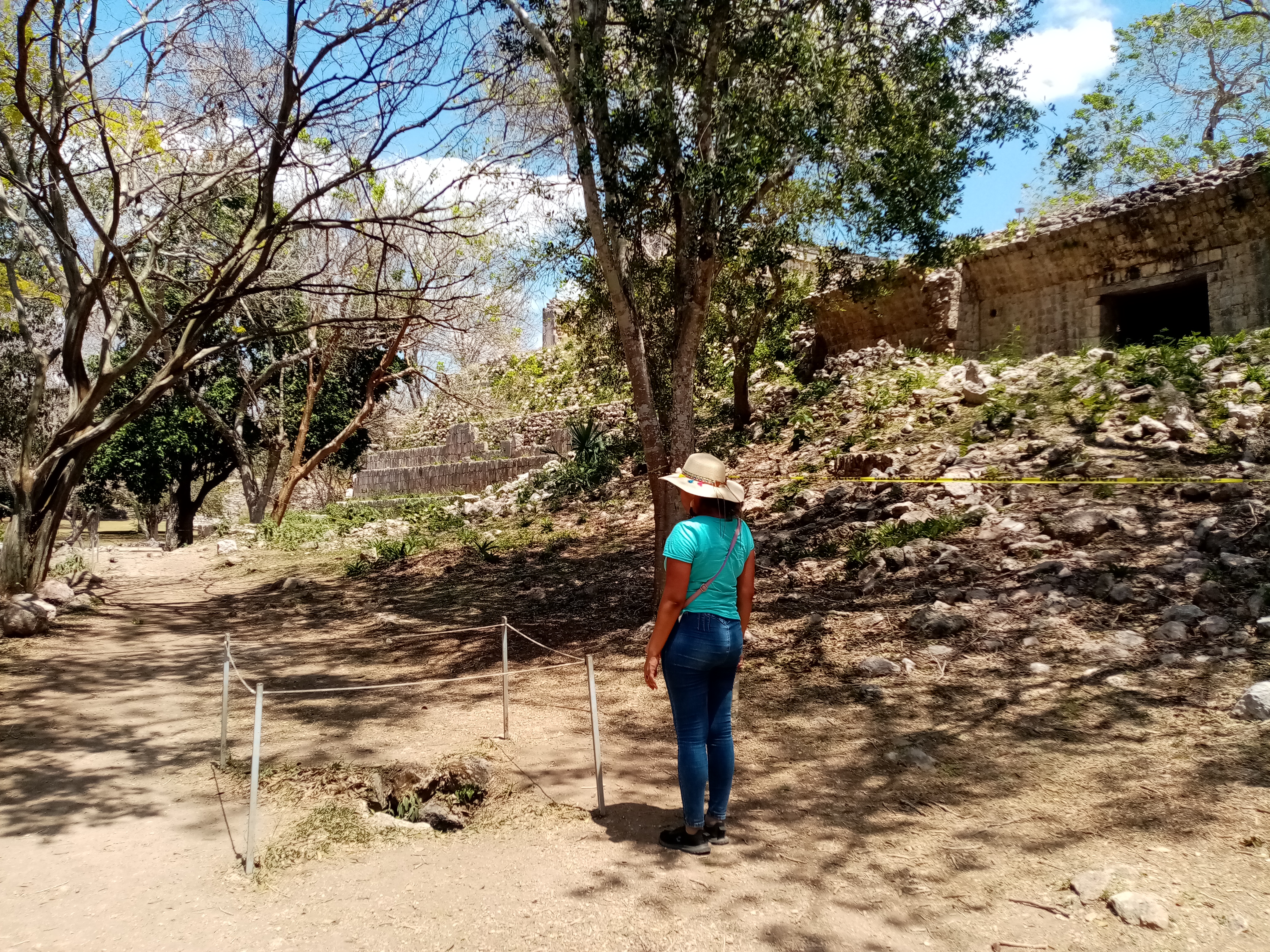
"The most emblematic case of the region is the pig industry, where large companies require land where they can confine hundreds or thousands of pig heads, and extract large amounts of water for their daily operation...The local populations suffer from diseases caused by the contamination of the water because they do not have any other drinking water systems."
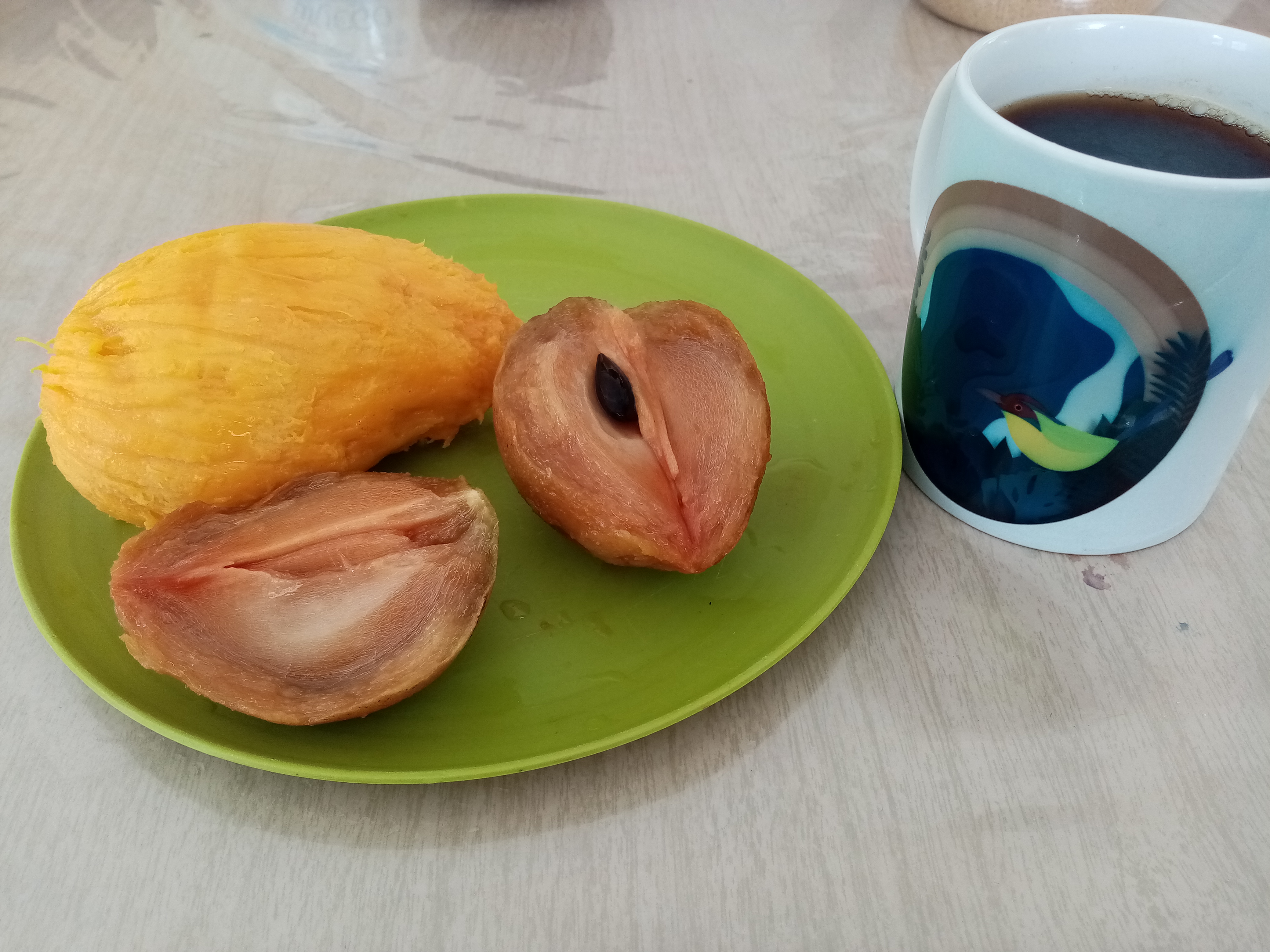
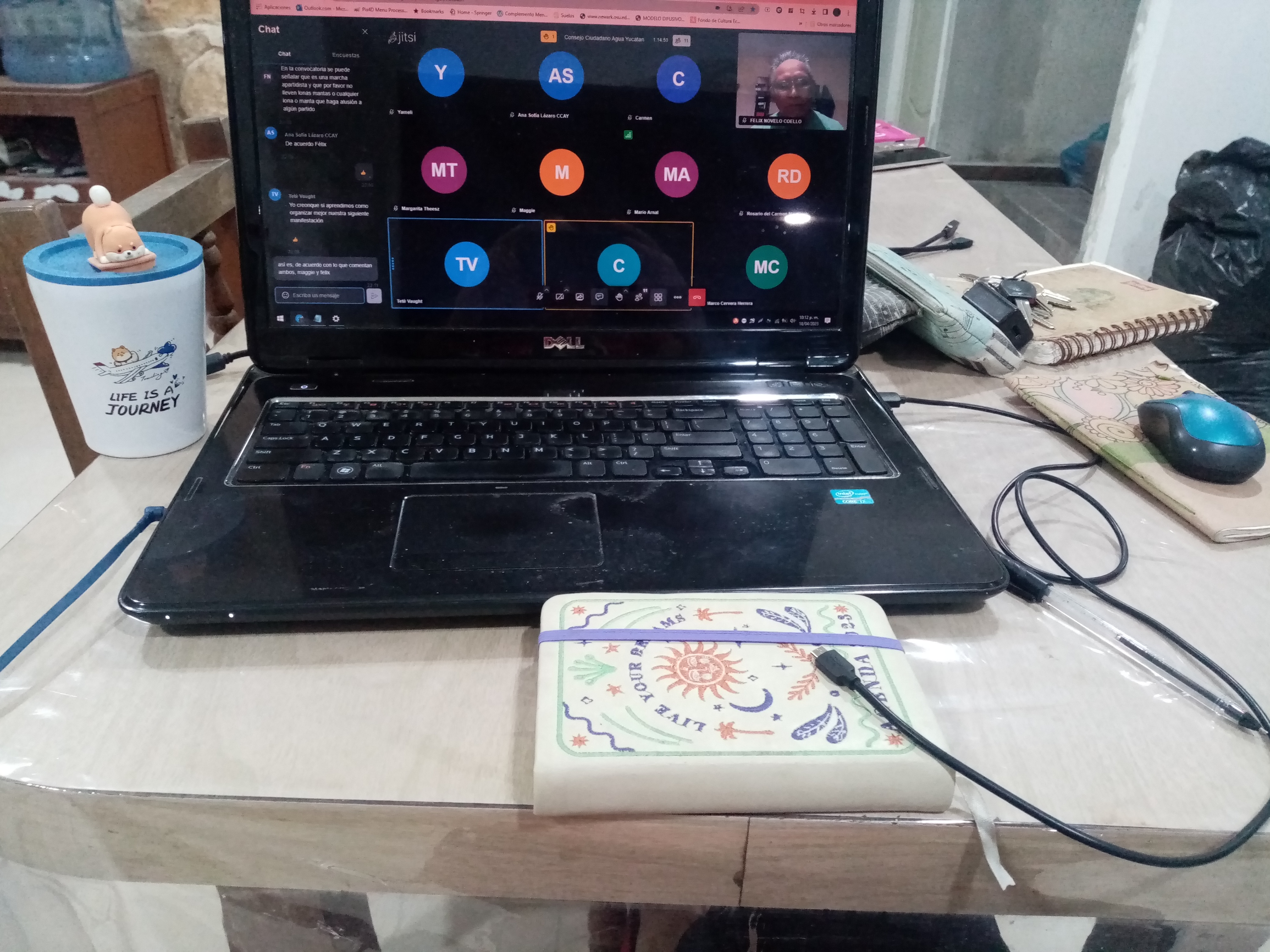
"Going out into the field with different communities, talking with people, listening to their problems, needs and finding out about the injustices they experience and suffer; it is very painful, sad and even depressing. And in the city, attending institutional meetings where the discourse is generally so detached from reality, is also hard. I am often outraged to attend 'consultation forums' where the representation of the communities is null or not very evident. The small groups of powerful men are only interested in continuing to control things, it is for this reason that they are not interested in social participation, they try to limit or even simulate it."
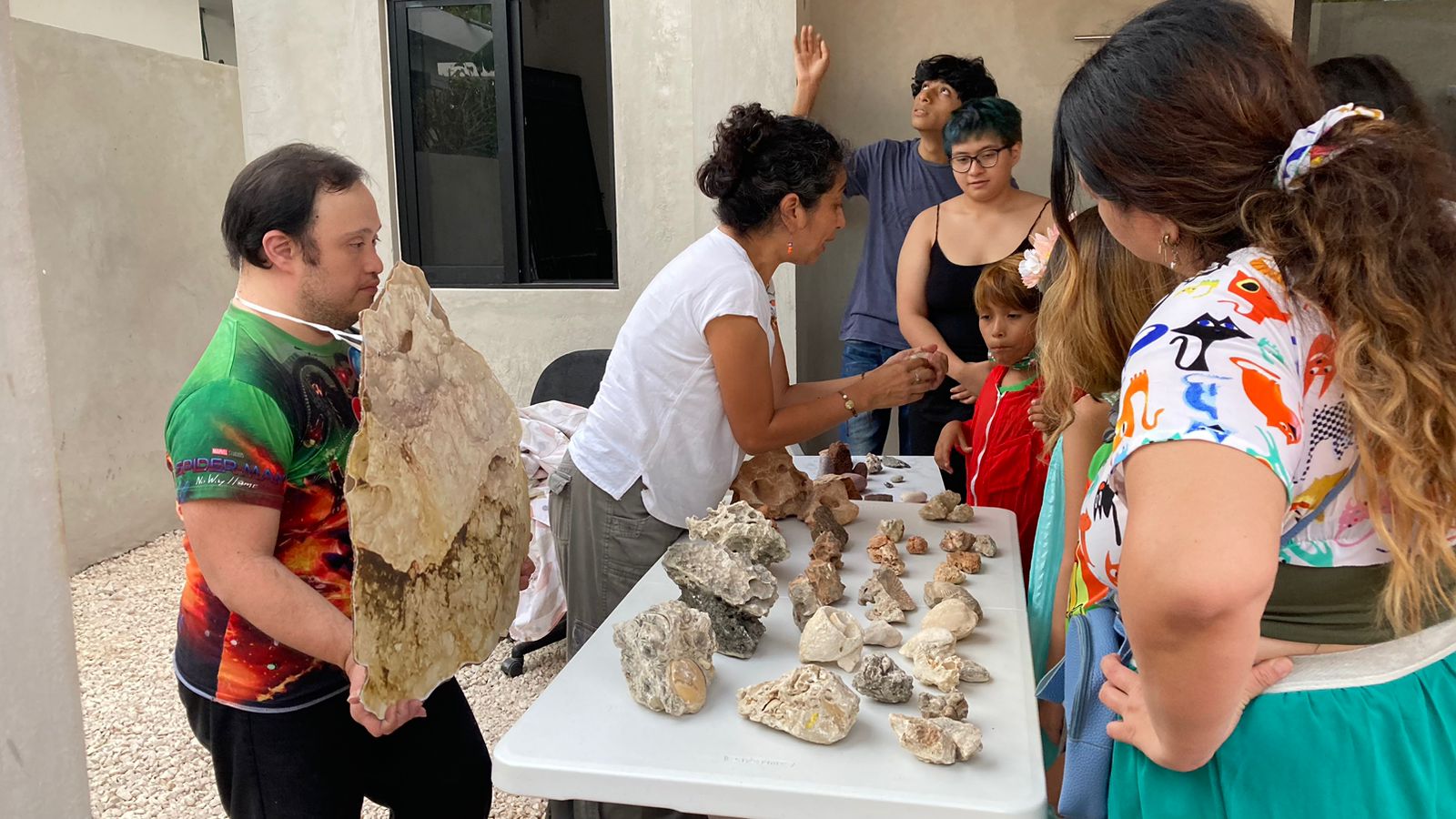
"First, I imagine a future with a radical change in our consciousness. It is urgent to change pride for humility. Eliminate the egocentrism that makes people individualistic, competitive, arrogant, materialistic, consumerist, and hedonistic, and replace it with ecocentrism, to be collaborative, supportive, compassionate, ethical, and empathetic. We need to recognize that nature does not belong to us, we are the ones who belong to nature."
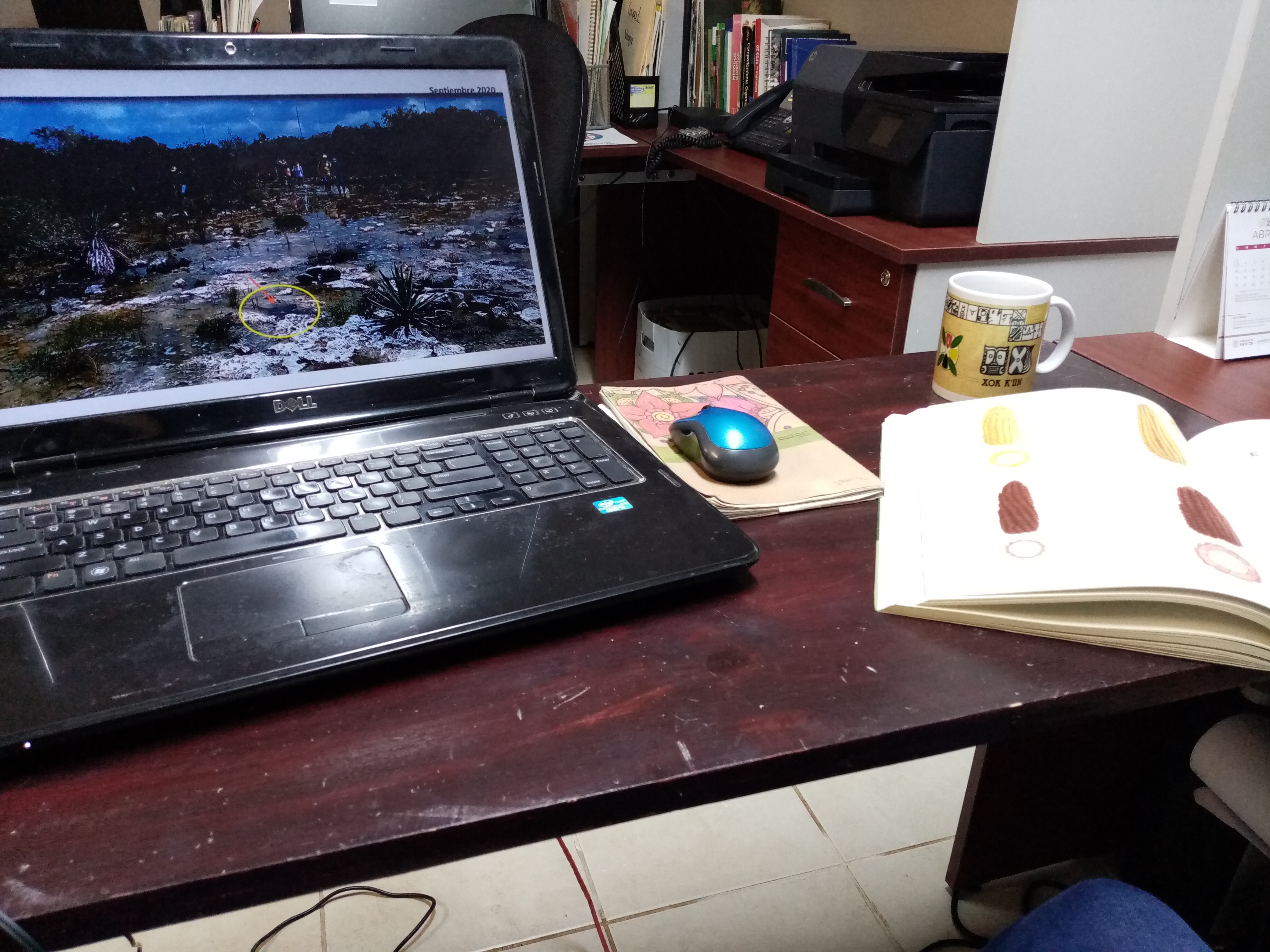
"I imagine an ideal Yucatan where each inhabitant knows and appreciates their history, taking back what was valuable to their ancestors like the Mayans. Fortunately, the Mayan culture is still alive and thriving. That is why I can also imagine a Yucatan that decolonizes the knowledge that harms it, such as agribusiness, monocultures, mass tourism, and the consumption of processed foods, among other things. I imagine a Yucatan that reinforces the traditional wisdom of the Maya people. I dream of a Yucatan where we respect nature, the milpa-making tradition, the beekeeping tradition, etc. I imagine a Yucatan that promotes alternative tourism that is friendly to the environment and where the communities are the managers and direct beneficiaries."
